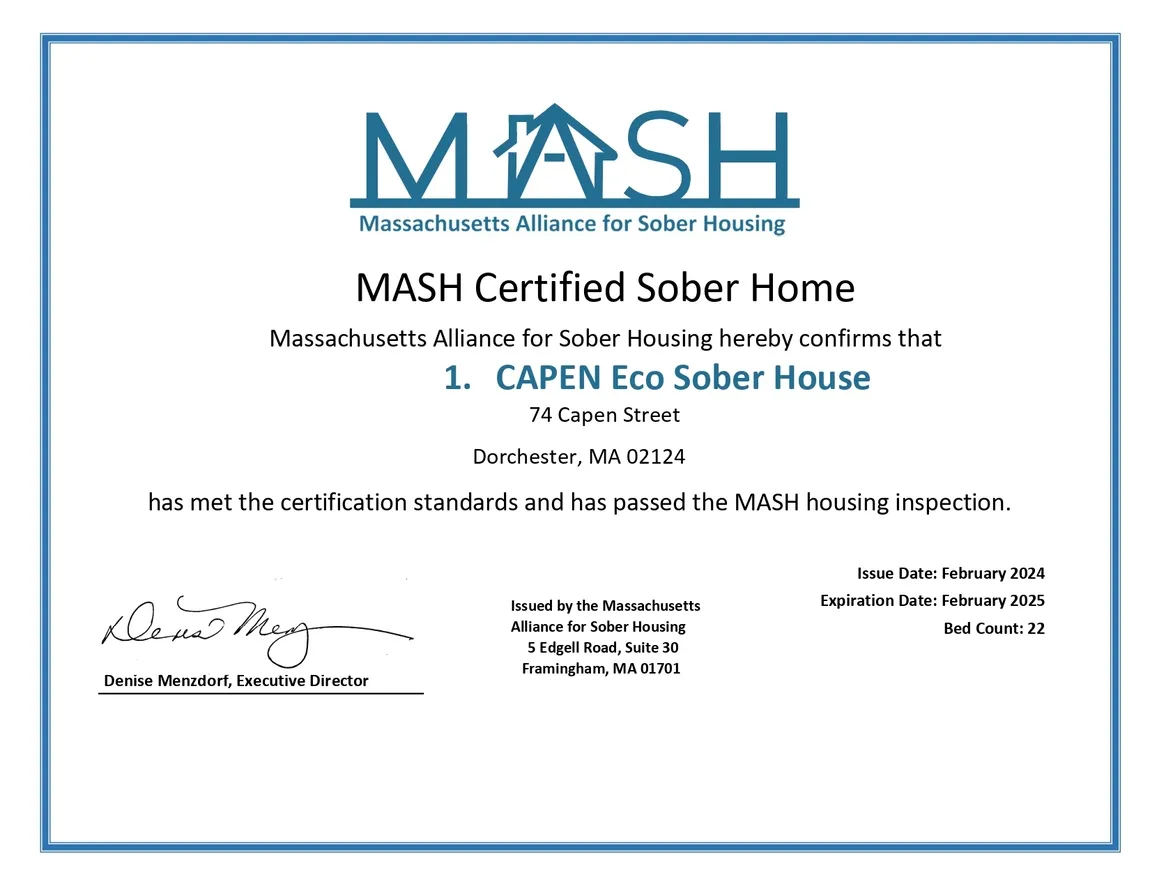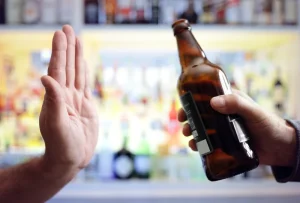
“The good news is that earlier stages of steatotic liver disease are usually completely reversible in about four to six weeks if you abstain from drinking alcohol,” Dr. Sengupta assures. With this year’s Alcohol Awareness Week (15-21 November) exploring the theme of relationships, we look at how drinking can impact us and the ones closest to us. Partners and spouses should seek personal therapy and a supportive community with others who understand what they may be experiencing. This can help to restore peace and balance as you support your partner through their recovery. For people outside of a committed relationship, alcohol can lead to unplanned pregnancy and sexually transmitted disease due to having sex while under the influence.

Try to reduce the amount of alcohol you consume a day
Those who prioritize the needs of their partner above their own often suffer from mental health issues like depression and low-self esteem. When you feel affected by codependency, it’s helpful to take a break or distance yourself from the relationship. Cutting the drinking off before it can develop into addiction can help prevent its devastating outcomes. Attending educational programs can help you or your loved one identify the signs and negative effects of alcohol to avoid addiction. The connection between alcohol, interpersonal violence and codependency is widely documented. Constant conflict or neglect can severely impact children of parents with alcohol addiction.
How to Deal with an Alcoholic Family Member
Alcohol use disorder (AUD) is a common addiction, affecting nearly 15 million adults in the United States. While alcohol dependence can be devastating to one’s health, it can also impact a person’s relationships, including the most meaningful people in their life. Intercourse is a form of intimacy, and alcohol addiction can negatively impact this aspect of a relationship by disrupting normal body processes. It can contribute to sexual dysfunction, thereby impacting the quality of sexual intimacy between partners.
Can alcohol change a person?

If you still have depression after 4 weeks of not drinking, talk to your doctor. Long-term heavy drinking can also cause permanent changes to the brain, such as problems with understanding, remembering, and thinking logically. Sometimes people drink alcohol to help with the symptoms of stress, anxiety, and depression.
You may want to seek therapy or attend a support group for family members of alcoholics such as Al-Anon or Alateen. These groups provide emotional support and the opportunity to learn from those who have faced similar challenges. Relationships https://ecosoberhouse.com/ in which one or more partners are involved in excessive drinking are more likely to fall apart. Children of alcoholics are more likely to experience cognitive and emotional problems than children who grow up in sober homes.
Press Play for Advice on Preventing Addiction
- When paired with problems that can also arise from excessive alcohol use, drinking can sometimes negatively affect our relationships with the people closest to us.
- If you’re not sure how much alcohol is too much, consider following the recommended Dietary Guidelines for Americans of 1 drink or less in a day for women and 2 drinks or less in a day for men.
- Alcohol can greatly increase the chance of aggressive behavior in some people and often plays a role in intimate partner violence.
- Each person has a different response to alcohol, but yours may not make your partner comfortable.
- This may be related to the difficulties that go into designing these types of studies, and the fact that prior research has been primarily focused on the adverse consequences of alcohol use disorders (AUD) on physiology and behavior.
- These findings indicate that highly satisfied dating relationships during college may positively influence readiness-to-change heavy drinking habits among college students.
Plus, the longer you go without alcohol in your system, the more likely you’ll experience continued improvements to your health. While not necessarily a direct path to quitting, being sober curious means you choose to think more consciously about the decision to drink rather than mindlessly consuming alcohol as part of the drinking culture. Drinking may affect a person’s ability to earn a living, or they may make impulsive, economically unsound decisions while drinking that leave them and those they care for in a vulnerable position.
- People who have an addiction to alcohol continue to engage in compulsive behaviors despite negative consequences.
- Some specialists can help you stage an intervention and find the right treatment for your loved one.
Unfortunately, when people drink more, they find that their sex drive drops dramatically. One or two drinks may actually lead to an uptick in libido, but after that, the drop-off can be dramatic. This can be challenging for the partner who is still craving sex and intimacy. Some partners may even wonder if they are no longer attractive to the other person. Also, if it’s a male partner who is struggling with alcohol use disorder, he may also have difficulties getting and maintaining an erection.
As the addiction progresses, they may devise more elaborate excuses to hide their drinking problems. A friend or partner may constantly hear reasons for being late, disappearing or mood swings. Romantic relationships affect alcohol—and alcohol affects romantic relationships. If you’re trying to take control of your relationship with alcohol, it’s important to take a step back and look at your relationship with your romantic partner. Research has shown that excessive alcohol use can lead to serious family consequences, including intimate partner violence and even divorce. In fact, research from 2019 has shown that alcohol behavioral couple therapy can help participants drink less, decrease conflict, and increase communication between partners.
Cancer risk
You also join moderated alcohol support groups and our anonymous community forum. Our highly qualified professionals are prepared to help you address your drinking and get you on the road to a happier and healthier alcohol and relationships life with strong personal relationships. Healthy relationships often involve healthy sex lives, and in the most stable relationships, people are usually on the same page about how often they want to be having sex.